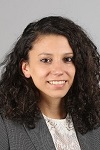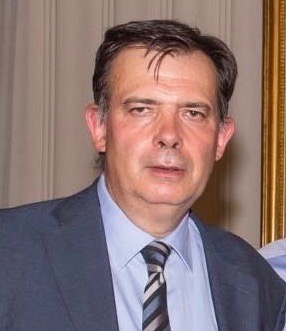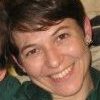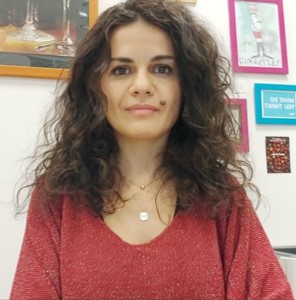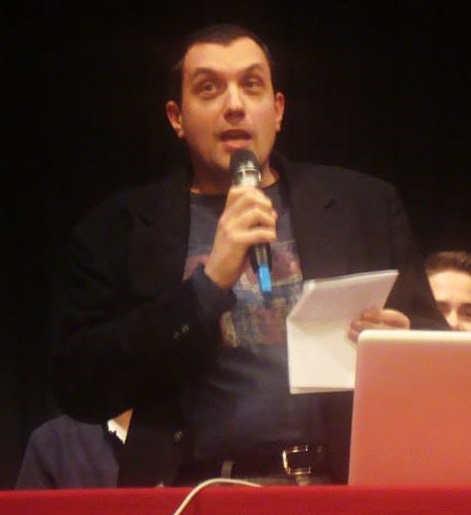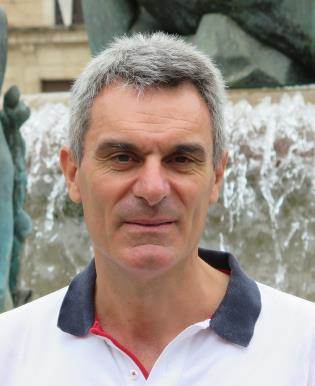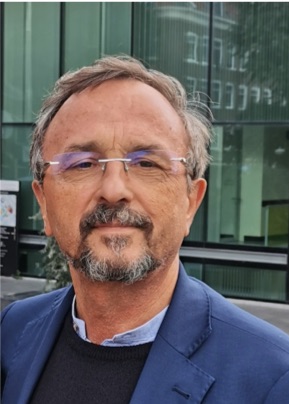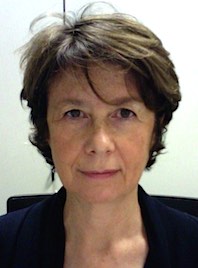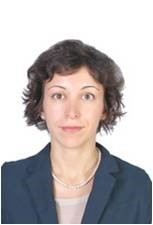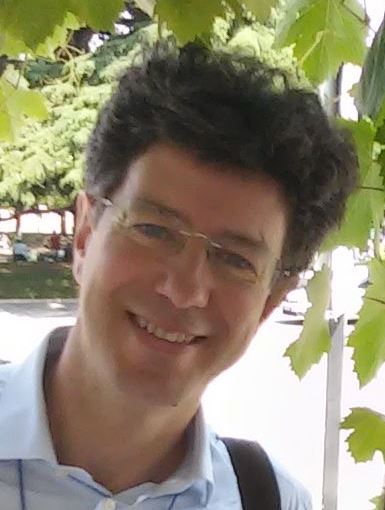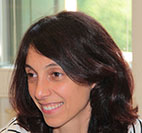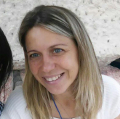Studying at the University of Verona
Here you can find information on the organisational aspects of the Programme, lecture timetables, learning activities and useful contact details for your time at the University, from enrolment to graduation.
Academic calendar
The academic calendar shows the deadlines and scheduled events that are relevant to students, teaching and technical-administrative staff of the University. Public holidays and University closures are also indicated. The academic year normally begins on 1 October each year and ends on 30 September of the following year.
Course calendar
The Academic Calendar sets out the degree programme lecture and exam timetables, as well as the relevant university closure dates..
| Period | From | To |
|---|---|---|
| I semestre | Oct 1, 2019 | Jan 31, 2020 |
| I° semestre - 3° anno | Oct 28, 2019 | Jan 31, 2020 |
| II semestre | Mar 2, 2020 | Jun 12, 2020 |
| Session | From | To |
|---|---|---|
| Sessione invernale d'esame | Feb 3, 2020 | Feb 28, 2020 |
| Sessione estiva d'esame | Jun 15, 2020 | Jul 31, 2020 |
| Sessione autunnale d'esame | Sep 1, 2020 | Sep 30, 2020 |
| Session | From | To |
|---|---|---|
| Sessione di laurea estiva | Jul 20, 2020 | Jul 20, 2020 |
| Sessione autunnale di laurea | Oct 20, 2020 | Oct 20, 2020 |
| Sessione autunnale di laurea - dicembre | Dec 11, 2020 | Dec 11, 2020 |
| Sessione invernale di laurea | Mar 19, 2021 | Mar 19, 2021 |
| Period | From | To |
|---|---|---|
| Festa di Ognissanti | Nov 1, 2019 | Nov 1, 2019 |
| Festa dell'Immacolata | Dec 8, 2019 | Dec 8, 2019 |
| Vacanze di Natale | Dec 23, 2019 | Jan 6, 2020 |
| Vacanze di Pasqua | Apr 10, 2020 | Apr 14, 2020 |
| Festa della Liberazione | Apr 25, 2020 | Apr 25, 2020 |
| Festa del lavoro | May 1, 2020 | May 1, 2020 |
| Festa del Santo Patrono | May 21, 2020 | May 21, 2020 |
| Festa della Repubblica | Jun 2, 2020 | Jun 2, 2020 |
| Vacanze estive | Aug 10, 2020 | Aug 23, 2020 |
Exam calendar
Exam dates and rounds are managed by the relevant Science and Engineering Teaching and Student Services Unit.
To view all the exam sessions available, please use the Exam dashboard on ESSE3.
If you forgot your login details or have problems logging in, please contact the relevant IT HelpDesk, or check the login details recovery web page.
Should you have any doubts or questions, please check the Enrollment FAQs
Academic staff
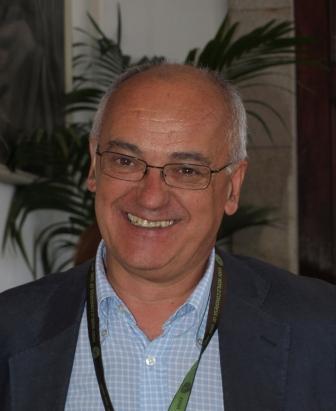
Boselli Maurizio
 maurizio.boselli@univr.it
maurizio.boselli@univr.it
 3478344185
3478344185
 lorenzo.meneghini@univr.it
lorenzo.meneghini@univr.it
 chiara.nardon@univr.it
chiara.nardon@univr.it
Sandri Marco
 marco.sandri@univr.it
marco.sandri@univr.it
Study Plan
The Study Plan includes all modules, teaching and learning activities that each student will need to undertake during their time at the University.
Please select your Study Plan based on your enrollment year.
1° Year
| Modules | Credits | TAF | SSD |
|---|
2° Year activated in the A.Y. 2020/2021
| Modules | Credits | TAF | SSD |
|---|
3° Year activated in the A.Y. 2021/2022
| Modules | Credits | TAF | SSD |
|---|
| Modules | Credits | TAF | SSD |
|---|
| Modules | Credits | TAF | SSD |
|---|
| Modules | Credits | TAF | SSD |
|---|
Legend | Type of training activity (TTA)
TAF (Type of Educational Activity) All courses and activities are classified into different types of educational activities, indicated by a letter.
Plant biology and physiology (2019/2020)
The teaching is organized as follows:
FISIOLOGIA VEGETALE
Credits
6
Period
See the unit page
Academic staff
See the unit page
Learning outcomes
The course aims to provide an overview of the structure and organization of plant organisms at different levels, corresponding to the cellular, tissue and organ level and in the whole plant in its environment and to provide the basis for their functioning. At the end of the course the student will be able to associate the function to the structure of the different plant organs and will acquire the theoretical bases to be applied to the study of grape cultivation.
Program
BIOLOGIA VEGETALE
Program 1) The plant cell: -the membrane system; -the cytosol and the ribosomes; -the cell wall; -cytoskeleton; -endomembrane and secretory pathway; -the vacuole and the cell expansion process; -plastids and mitochondria; - the nucleus, mitosis and meiosis, the cytokinesis. 2) The plant tissues -primary and secondary meristems; -parenchymatic tissues; -integumental tissues; -conducting and supporting tissues; -secretory tissues. 3) The plant anatomy and overall organization -The shoot and its development; -the stem, primary and secondary organization; -the leaves and their adaptation to the environment; -the root and its development; -flowers, fruits and seeds; -reproductive botany.
FISIOLOGIA VEGETALE
Water transport in plants: chemical properties of water, water and solute transport processes. Water balance of plants: movement of water in the soil, water absorption by roots, water transport through the xylem, transpiration and stomatal movements, control of stomatal opening. Water stress: physiological responses to drought. Photosynthesis: general concepts of light reactions and carbon reactions. Starch and sucrose synthesis. Translocation in the phloem: phloem loading and unloading, the sink-source concept, allocation and partitioning of phosynthates. General concepts of genetic information, gene expression and signal transduction pathways in eukaryotes. Photomorphogenesis: phytochrome, phytochrome responses, cellular and molecular mechanisms. Blu-light responses. Phytohormones: biosynthesis, physiological effects and molecular modes of action of auxin, cytokinins, gibberellins, ethylene, abscisic acid , brassinosteroids, polyamines, jasmonic acid. Laboratory To acquire knowledge about some experimental techniques used in plant physiology. Use of reporter genes for gene expression analysis with particular attention to the study of hormone distribution in response to different stimuli; Agrobacterium tumefaciens as natural genetic engineer: generation of transgenic plants by Agrobacterium and biolistic methods. Introduction to in vitro culture of plant tissues. Practical work 1) Measurement of water potential in plant tissues. 2)The effects of auxin on adventitious root formation.
Bibliography
| Author | Title | Publishing house | Year | ISBN | Notes |
|---|---|---|---|---|---|
| Taiz L. Zeiger E. | Elementi di Fisiologia Vegetale | Piccin | 2013 | ||
| N. Rascio | Elementi di Fisiologia Vegetale | EdiSES | 2012 | 9788879597104 | |
| J D Mauseth | Botanica Fondamenti di biologfia delle piante | Idelson-Gnocchi | 2014 | 9788879475822 | |
| Gabriella Pasqua e altri | Botanica generale e diversità vegetale | Piccin | 2011 | 9788829920600 | |
| Pancaldi et al | Fondamenti di Botanica generale (Edizione 2) | McGrawHill | 2019 | 9788838695360 |
Examination Methods
BIOLOGIA VEGETALE
The examination will be an oral test aimed to verify : -the ability to recognize plant anatomical and histological structures; this test will be performed through the description of an anatomical/histological structure, included in the Plant Anatomical Atlas (author: Flavia Guzzo), which is supplied free of charge to the students through the e.learning platform of UNIVR; -the overall degree of knowledge of the subject of this course; -the scientific language skills.
FISIOLOGIA VEGETALE
The exam will ascertain:
Students’ knowledge on the topics of the lectures;
The language accuracy used to expose the arguments;
The ability to link the knowledge acquired to what learned from the Plant Biology course.
The exam will focus on the topics discussed in the lessons and covered in the text book.
For attending students the exam can be held orally, or limited to the first exam session (June), also in writing. The written exam will consist of two tests of eight open questions, each question with a maximum score of 4. The final grade will be the arithmetic mean of the marks obtained in the individual tests. For non-attending students the exam will be exclusively oral.
Type D and Type F activities
Modules not yet included
Career prospects
Module/Programme news
News for students
There you will find information, resources and services useful during your time at the University (Student’s exam record, your study plan on ESSE3, Distance Learning courses, university email account, office forms, administrative procedures, etc.). You can log into MyUnivr with your GIA login details: only in this way will you be able to receive notification of all the notices from your teachers and your secretariat via email and soon also via the Univr app.
Graduation
Attendance
As stated in the Teaching Regulations for the A.Y. 2022/2023, attendance is mandatory for practical and laboratory activities, unless otherwise determined by the Teaching Committee.
Documents
| Title | Info File |
|---|---|
|
|
pdf, it, 121 KB, 18/10/23 |
